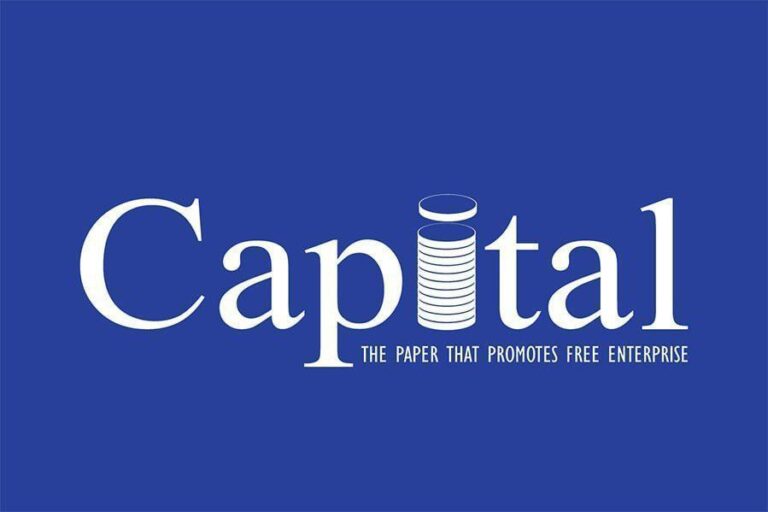A high-level conference on Sudan’s humanitarian crisis will be held in London on April 15, 2025, co-hosted by the United Kingdom, the EU, France, and Germany, the European Union said on Monday, as international pressure grows to address the worsening situation. The announcement followed a meeting of senior humanitarian officials in Brussels last week. Participants warned of a deepening famine and urged warring parties in Sudan to allow full, unhindered aid access. The third Humanitarian Senior Officials Meeting (SOM) on Sudan, held on March 13, brought together humanitarian donors, UN agencies, the International Committee of the Red Cross, international NGOs, and Sudanese local responders, the Directorate-General for European Civil Protection and Humanitarian Aid Operations (ECHO) said in a statement…The meeting summary highlighted the “deliberate obstructions to aid” as a key barrier, calling for lifting all bureaucratic impediments and guaranteeing “immediate, unconditional, safe, and unhindered access” for aid supplies and personnel across all border crossings and conflict lines. This includes expediting visas for aid workers and lifting Central Bank restrictions on cash withdrawals for humanitarian organizations. (Sudan Tribune)
‘South Sudan on the Brink of Relapsing to War’-UNMISS’ Haysom
The Special Representative of the Secretary-General and Head of UNMISS, Nicholas Haysom, on Tuesday, said the gains made since signing the 2018 revitalized peace agreement might be obliterated as South Sudan is tethering on the precipice of degenerating back to war. He made the remarks while addressing the African Union Peace and Security Council Meeting on South Sudan…“After the takeover of the Nasir barracks in Upper Nile by the White Army on the 4 March, tensions throughout the country have been extremely high. A number of senior SPLA/IO military and civilian officials have been arrested in Juba, while some have gone into hiding or fled the country…Meanwhile, airstrikes on Nasir have inflicted civilian casualties.” Haysom added: “With the proliferation of mis/disinformation in the public domain, hate speech is now rampant, raising concerns that the conflict could assume an ethnic dimension.”… He also welcomed and commended the IGAD Extraordinary Summit on 12 March which called for the de-escalation of tensions in South Sudan. (Radio Tamazuj)
Al-Shabaab Targets President’s Convoy in Mogadishu
In what could raise concerns about the security of President Hassan Sheikh Mohamud, the Al-Shabaab militants reportedly targeted his convoy in the outskirts of Mogadishu, the capital of Somalia, just as he headed to the frontlines to assess the gains made by the troops in pursuing the group. The explosion, sources said, was the result of a roadside Improvised Explosive Device (IED) in the Ceelgaab vicinity of Mogadishu…[N]ew footage shows a bomb targeting the Somali president’s convoy at El-Gabta junction in the capital on Tuesday morning, killing at least 1 and wounding 3 others…Details of the incident remain unclear, but sources report that the attack was unsuccessful in hitting the President’s convoy. Security forces responded swiftly, securing the area. However, Hassan Sheikh has since arrived in Aden Yabal where he is set to meet troops on the frontlines, state media reports. For the last two weeks, security forces have intensified the crackdown against the Al-Shabaab militants, killing dozens in the process. The US Africa Command and the African Union Support and Stabilization Mission in Somalia (AUSSOM) have been supportive of this mission. (Garowe Online)
Liability Insurance
Liability insurance is an insurance product that provides protection against claims resulting from injuries and damage to other people or property. Liability insurance policies cover any legal costs and payouts an insured party is responsible for if they are found legally liable. Intentional damage and contractual liabilities are generally not covered in liability insurance policies.
Unlike other types of insurance, liability insurance policies pay third parties, and not policyholders.



